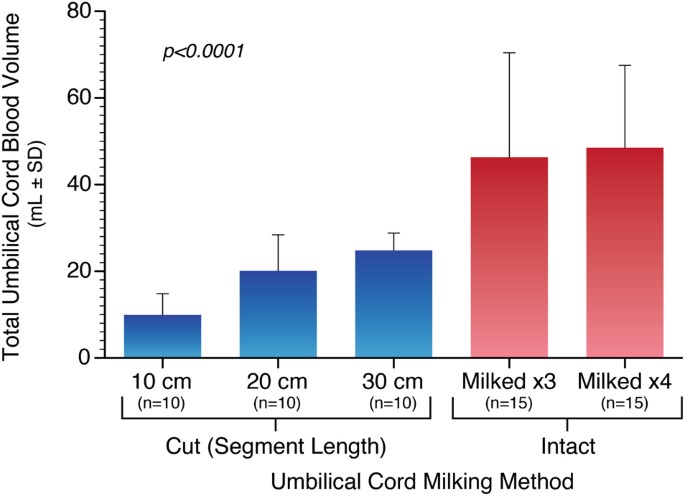
- Select a language for the TTS:
- UK English Female
- UK English Male
- US English Female
- US English Male
- Australian Female
- Australian Male
- Language selected: (auto detect) - EN
Play all audios:
Channel 4 News has been banned from all Brexit Party events for six weeks, the broadcaster confirmed earlier today. Editor Ben De Pear said that he became aware of the ban following the
airing of an investigation into how businessman Arron Banks bankrolled Nigel Farage to the tune of £450,000 on the channel last Thursday. It is yet another attack on the media from Farage
and the Brexit Party, who appear determined to avoid having anyone hold them to account. The other week Farage wanted to dictate which questions Andrew Marr could ask him, scorning and
trying to undermine the presenter when he was not accommodating. Now, he doesn’t want to talk to a broadcaster at all. Worse, some on the Brexit side seem to agree with the move. Labour
Brexiteer Kate Hoey MP tweeted that because “@Channel4News Never Ever [sic] has said anything positive about Leaving the EU [the ban] sounds a sensible decision.” She appears to have
forgotten that Channel 4 News is an independent broadcaster, with a strong pedigree in investigative journalism, not a propaganda outfit there to make people feel better. It is not its role
to say “anything positive about Leave the EU”, but to try and understand what is going on and explain it to viewers. Despite Farage and friends insisting that they are on the side of
democracy, these outbursts suggest nothing of the sort. Banning the media is not the behaviour of democrats. It is the behaviour of dictators, fascists and authoritarians. It is also the
behaviour of Donald Trump (something of a recurring theme for Farage). In November 2018 the White House temporarily revoked a pass for CNN correspondent Jim Acosta, following clashes with
President Trump. The ban sparked a high-profile legal row and the revocation was widely condemned on that side of the Atlantic, before being reversed. The Brexit Party’s Channel 4 ban should
be similarly condemned over here and the decision quickly overturned. It is all part of an increasingly hostile approach to the media from public figures. While the Trump-like media baiting
is surely likely to grow at Brexit Party rallies in the near future, we’ve already seen it at some Labour Party events. The BBC’s political editor Laura Kuenssberg has been booed and hissed
at when asking Jeremy Corbyn questions. Corbyn supporters even booed a _Daily Mirror_ journalist on one occasion. That is not to say this behaviour exists only on the Leave side or one part
of the political spectrum. Lord (Andrew) Adonis, who has previously written critical letters to the BBC’s Director-General Lord (Tony) Hall about the corporation’s Brexit coverage, tweeted
earlier today that he “no longer supports the continuation of the BBC in its current form”. Lord Adonis added that “BBC News is so debased and biased” and advocated that “it should be
replaced by a new independent news service under new management and governance”. He even suggested that Channel 4 News could take it over. Some in the BBC concede that they got elements of
their Brexit referendum campaign coverage wrong. That doesn’t mean BBC journalists are biased, then or now. It means they are human. Suggesting otherwise should be beneath those in public
life. Indeed, the fact that both Leave and Remain supporters are regularly frustrated with coverage of the debate rather suggests that broadcasters are getting it mostly right. I must
confess, I’ve attended these set-piece media events and wondered quite what the benefit of every broadcast outlet sending their top people to cover the same thing is. The US journalism
professor Jay Rosen has even called on outlets to send their interns to White House press briefings, and let the experienced hacks get on with other, more worthwhile things. However, a
debate on the benefits of access journalism is for another day. What matters here is that people have their echo chambers online. It is therefore crucial that outlets try and burst those
bubbles every once in a while. In the US, where the broadcast outlets do not have the same rules on impartiality that they do in the UK, it is much easier for people to only hear opinions
they already agree with and to never have their views challenged. We should welcome the fact that our broadcasters give politicians a tough time. Holding broadcasters, and journalists more
generally, to account is, of course, legitimate and important. Undermining them for political purposes debases public discourse and stops people being well-informed, yet that is what we
increasingly see. Now that the Brexit Party has crossed the line into banning a mainstream broadcaster from its events, it is not inconceivable that other political parties could follow
suit. Banning Channel 4 News might play well with the Brexit Party’s supporter base, but the implications for democracy are deeply worrying.









